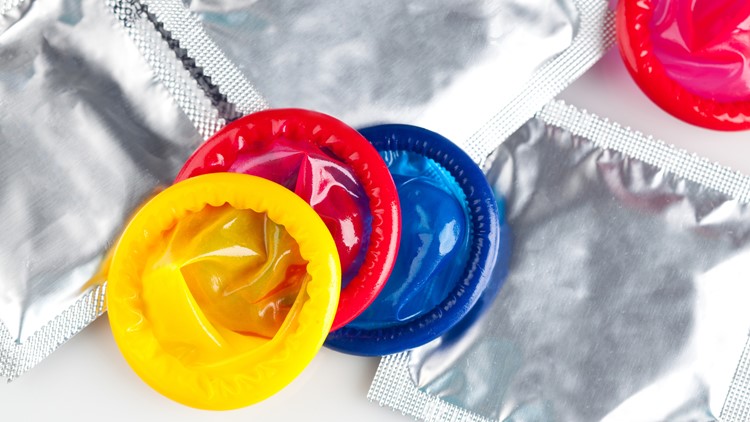There was a time when there were people who thought a woman could get pregnant from a toilet seat. Now, it appears a lot of Americans think you can get a sexually transmitted disease by going to the john.
You can't, except in the most extreme circumstances.
A survey of 2,000 sexually-active Americans found that wasn't the only fallacy many Americans have about STDs, either.
Thirty-four percent surveyed by OnePoll on behalf of LetsGetChecked said they believed they could get an STD from a public toilet seat.
WebMD says organisms that cause STDs could live for a very short time on the surface of a toilet seat. The only way you could conceivably be infected is if the germs transferred from the toilet seat to your urethral or genital tract, or through a cut or sore where your body makes contact with the seat. So while there is a chance, it's very low.
One doctor is pretty blunt about the chances.
"To my knowledge, no one has ever acquired an STD on the toilet seat -- unless they were having sex on the toilet seat!" Abigail Salyers, PhD and president of the American Society for Microbiology told WebMD.
RELATED: CDC: Don't wash or reuse condoms!
Twenty-four percent said they thought STDs can be transmitted by sharing a drinking glass with an infected person.
Decades after the AIDS panic incorrectly had some people thinking they could get HIV by simply shaking hands, 22% still think they can get an STD through incidental contact, according to the study.
Twenty-two percent of those surveyed incorrectly thought wearing two condoms would double their protection from STDs, according to SWNS, and 36% said wearing just one condom would fully protect them from an STD.
Here's the kicker: 81% of those polled said they think they are knowledgeable about sexual health. That may be due to a lack of sex education -- just 52% recall taking sex ed classes and 53% of those say the classes only taught abstinence.
Other findings:
- 53% say they haven't been tested for an STD in the past year; 23% of those say they are uncomfortable being tested and 24% say they were worried about what the results might show.
- 19% say they've never been tested for an STD.
- 24% say they rarely or never talk to a new partner about their STD status or the last time they were tested before they have sex; 43% of those say the main reason is that the topic is uncomfortable.
- Less than half of those surveyed could identify herpes (48%) and chlamydia (42%) as an STD.
- But there are some who were given made up words and actually thought they were STDs, such as "claphytis" (28%) and "strenedia" (21%), according to SWNS.
The survey was commissioned for Sexual Health Awareness Month.



